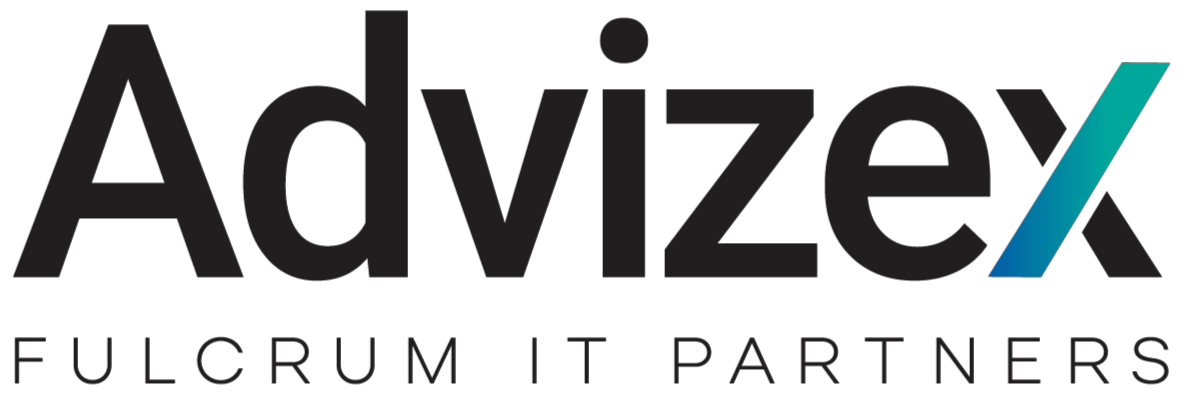Container-based applications are rapidly becoming mainstream for developers and independent software vendors (ISVs). Containerization brings many benefits including portability, scalability, and security, whether running on-premises in the data center or in the cloud. Most organizations will encounter a need to support containerization in the coming years.
What is a Container?
A container is a set of virtualized, isolated processes that run within an operating system but do not run entire operating systems as opposed to virtual machines, which do.
Here’s an example:
You visit a website that displays “hello world” when you go to the URL. In a VM, you’d have a whole server dedicated to that site (usually Windows or Linux). Each of the web servers required to serve the “hello world” page would need to be licensed to run an OS, secured, patched, monitored, and optimized on a regular basis. Each web server would need system resources like storage, CPU, and memory as well. Assuming the web server is virtualized, the underlying hypervisor would also need to be maintained in a similar fashion.
A container, by contrast, doesn’t run an operating system but rather on an operating system. You’d have the web service and HTML code running in the container. Runtime containers are copies of container images that have all the necessary services and files, so updating the service would require an update to the container image. The container management platform would then run new copies of the container that has the updated code. The underlying host operating system would need to be secured, as well as any underlying hypervisors; however, due to the isolation inherent in containers, a compromised container doesn’t provide access to the underlying OS, which provides an additional layer of security. The instances of running containers can be deployed to run anywhere, including developer laptops, public clouds without the need to build new operating systems for every running container.
Ultimately, container technology makes developers’ jobs easier by simplifying the management process, adding security, and portability.
What Does a Container Platform Entail?
Kubernetes-based container platforms like VMware Tanzu™ don’t create applications themselves. They manage the resources required to run modern applications. Take an ecommerce site, for example. A retailer has a normal pace of 1,000 users per day, but, during times when there are big sales such as Black Friday or Mother’s Day, they receive 100,000 visitors. This massive influx in traffic would normally impact user experience on their site. And not in a good way. Containers solve that problem because they can replicate and scale easily. By monitoring system resources as more users log in and site traffic increases, Kubernetes automatically scales containers to increase CPU and memory to handle the increased load. When the load decreases, the system can scale down the number of containers, matching the required performance at the time.
Through autoscaling, organizations can ensure performance of critical services as well as take advantage of on-demand cloud economics by paying for what is needed only when it is needed.
While container performance will be limited on-premises by available resources, the cloud doesn’t limit the amount of resources you have available, making the ability for applications to easily and quickly burst into the cloud a reality.
How Does VMware Tanzu™ Fit In?
Moving to Kubernetes is complex. While it’s an open-source platform, the people-power it takes to launch and manage it is difficult to justify. VMware Tanzu™ compiles everything into an easy-to-understand platform that can be managed by existing, familiar tools, simplifying the adoption of Kubernetes.
VMware Tanzu™ also has integrated Kubernetes into vSphere Hypervisor so a user can put in a license key, turn it on, and run and manage containers using Kubernetes side-by-side with VMs. The management of Kubernetes can be done on-premises or with public cloud Kubernetes services, so you have consistency no matter where you are. You can use the same management tools you use regularly (vCenter) and the same VMware ecosystem to provide network security with VMware NSX.
How Advizex Can Help.
Advizex understands the VMware ecosystem as well as the complexity of deploying and managing new platforms. While open-source tools are great for getting started with containers, ongoing enterprise support can be challenging without deep – hard to come by – expertise. VMware Tanzu™ leverages VMware support, and Tanzu™ provides unified management for multiple customer deployment models including vSphere integrated, stand-alone Kubernetes, and public cloud platforms. Advizex brings consulting expertise to assist customers with determining the right mix of services required to align and accelerate business.
Do I Need VMware Tanzu™ Now?
If you are managing a VMware virtual infrastructure today and are being asked to support containerized workloads, VMware Tanzu™ can provide enterprise class Kubernetes for your organization. If you’re not yet running applications that require containers, now is a great time to put the right platform in place so when the inevitable containerized applications find their way into your environment, you’re ready to take it on.
Advizex is your partner in identifying which VDI is the right fit for you and helping you install your new system. Please connect with us for more information.
